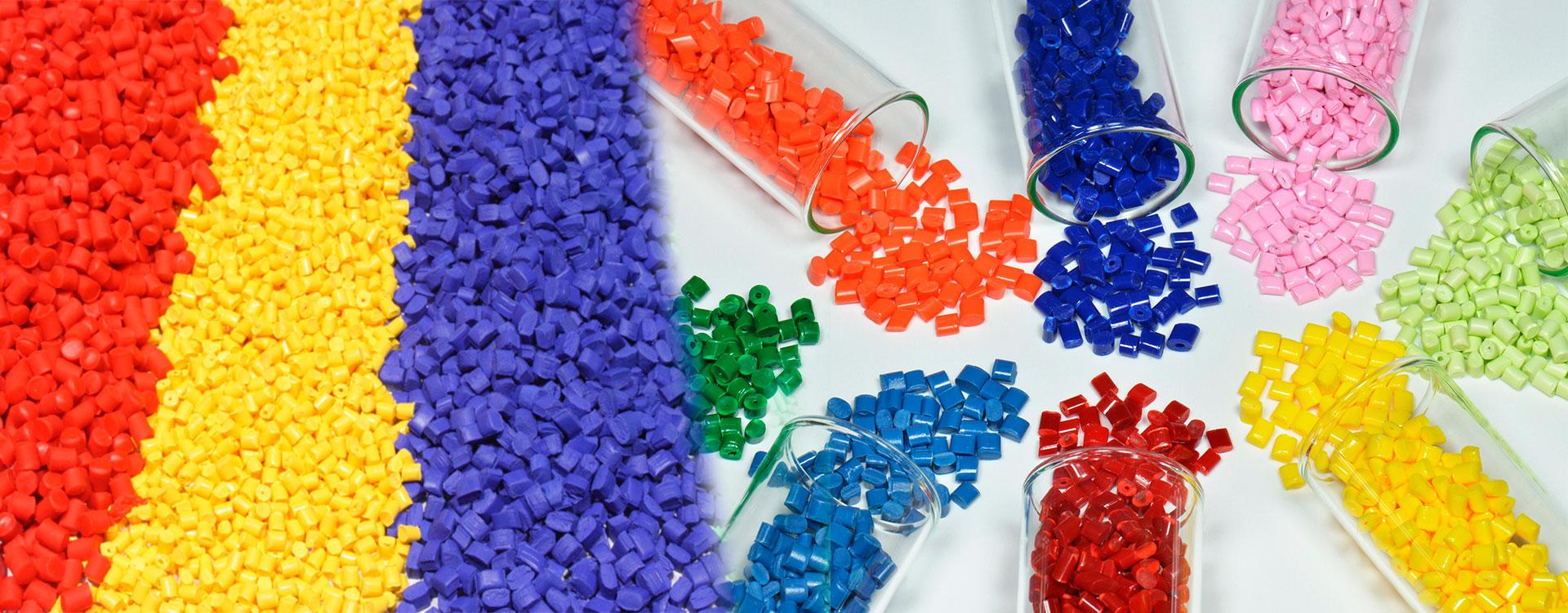Get more insights on Thermosetting Plastics
Exploring Thermosetting Plastics: Properties, Applications, and Environmental Considerations

Thermosetting plastics are an important class of plastics that are irreversibly cured by the application of heat or other means of polymerization. Once molded or fully cured, they retain their shape even when reheated. Due to their heat resistance and durability properties, thermosetting plastics find applications across various industries.
Thermosetting plastics are a type of plastic that undergoes a chemical change during the manufacturing process that alters their molecular structure in an irreversible reaction of cross-linking. In contrast to thermoplastics which soften with heating, thermosetting plastics harden with heat and cannot be remelted or remolded once cured.
The curing process commonly involves heating the material above its curing temperature in the presence of a curing agent like heat or EM radiation that drives the chemical reaction between the substrate and curing agent. The cross-linking permanently alters the molecular structure, rendering the material infusible and insoluble.
The common raw materials used include thermosetting resins like unsaturated polyesters, epoxy, and phenol-formaldehyde. Reinforcements like carbon or glass fibers are also added to enhance strength and stiffness properties as per requirement.
The basic manufacturing process involves mixing the resin with curing agents, reinforcements, fillers, and additives. This mixture is then molded using compression, injection, or transfer molding under heat and pressure to initiate the crosslinking reaction. Additional post-curing may also be done to achieve full cure. Once hardened, the parts attain their final shape, properties and application.
Key Properties and Applications
Thermosetting Plastics have some distinct advantages that have increased their applications across myriad industries:
- Heat and Chemical Resistance: They can withstand high temperatures, solvents, and corrosive chemicals better than most thermoplastics.
- Dimensional Stability: Cured thermosets retain their dimensions and will not warp or change shape with variations in temperature.
- Durability: Their cross-linked structure makes them durable and damage-resistant for long-term usage under demanding conditions.
- Electrical Insulation: Phenolics and melamines provide self-extinguishing properties making them preferred for electrical equipment and appliances.
- Adhesion: Epoxies are commonly used as structural and high-performance adhesives due to superior adhesion properties.
- Art
- Causes
- Crafts
- Dance
- Drinks
- Film
- Fitness
- Food
- Oyunlar
- Gardening
- Health
- Home
- Literature
- Music
- Networking
- Other
- Party
- Religion
- Shopping
- Sports
- Theater
- Wellness
- IT, Cloud, Software and Technology


